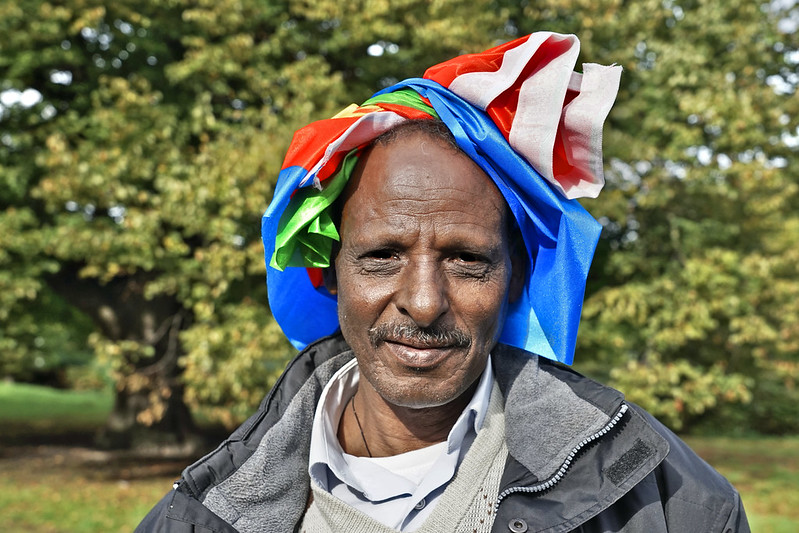Organizations Improving Homelessness in Eritrea


International Fund for Agricultural Development
Stabilizing the ecosystem is a top priority for International Fund for Agricultural Development (IFAD), addressing the impact of droughts and climate shocks on homelessness in Eritrea. Since 1966, IFAD has concentrated efforts in rural areas, where poverty rates are highest, by integrating climate change adaptation strategies to enhance crop production and combat malnutrition. The focus has been on raising awareness among women and youth about sustainable fishing and marketing techniques, promoting conservation farming and developing climate-smart technologies to boost the agricultural sector. Moreover, IFAD is dedicated to establishing a market-oriented rural agriculture to enhance rural livelihoods and food security.
A key initiative is the Fisheries Resources Management Programme (FReMP), which aims to transform the small-scale fisheries sector into a sustainable industry with increased yields. This program also supports the creation of enterprises that provide the necessary tools for maintaining a sustainable fishing business, particularly in coastal areas that house small-scale fishermen and youth entrepreneurs.
UNICEF
Eritrea faces significant challenges, including drought, a lack of safe water and economic hardships, affecting more than 1.1 million people. In response, The United Nations International Children’s Emergency Fund (UNICEF) collaborates with the government to enhance preparedness and risk management. The organization has donated $14.7 million to improve the quality of drinking water and has initiated basic education programs for vulnerable families. These ongoing efforts include both formal and informal learning spaces staffed with skilled teachers to address educational deficits among the homeless.
UNICEF is addressing malnutrition by distributing ready-to-use therapeutic food and partnering with the Ministry of Health to enhance care in neonatal intensive care units. Mobile outreach clinics are being deployed to provide health care services to isolated and homeless populations, improving access to nutrition and sanitation. To further ensure access to clean water, the implementation of rechargeable water wells is underway to protect groundwater supplies.
Mental health, a significant concern among the homeless, is being tackled through community-based rehabilitation and frequent home visits, benefiting those with disabilities. These initiatives are gaining visibility through national media and feedback from the U.S. public and quarterly monitoring visits help UNICEF evaluate the effectiveness of their interventions. Bridget Talkty from A New Leaf notes that mental health issues and high rent costs are leading causes of homelessness, emphasizing the importance of addressing these factors.
Caritas Eritrea
Caritas, aligned with the mission of the Catholic Church, promotes justice for impoverished communities globally, focusing significantly on Eritrea. In Eritrea, Caritas operates a supplementary feeding program benefiting 35,000 individuals, coordinating with advisors in Asmara, Keren and Barentu. Additionally, the organization undertakes emergency aid projects to address climate-induced challenges, particularly drought. Aid is distributed through church clinics, including providing five goats and lambs to farming households to enhance their food and nutrient sources. Talty adds that although providing resources is the primary step in helping homelessness, people “should assist these programs that help them become more independent.”
Looking Forward
Efforts to address homelessness in Eritrea continue through targeted interventions by IFAD, UNICEF and Caritas Eritrea. These organizations focus on sustainable agriculture, access to clean water, nutrition and mental health support for vulnerable populations. By empowering women, youth and small-scale fishermen, IFAD aims to enhance livelihoods and food security. UNICEF improves water access, health care and education, while Caritas provides resources and aid to support communities affected by drought and economic hardship. Together, these initiatives strive to alleviate the impacts of climate challenges and poverty across the country.
– Linda Yoonseo Lee
Linda is based in Phoenix, AZ, USA and focuses on Good News for The Borgen Project.
Photo: Flickr
